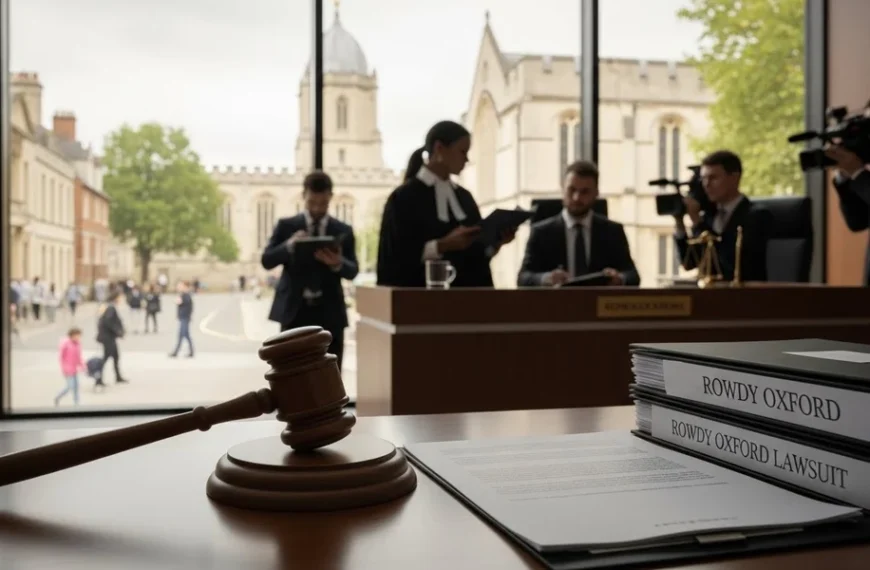Divorce can be a challenging and emotional process, often marked by a myriad of complex feelings and legal considerations. In the UK, understanding the grounds for divorce is crucial for anyone contemplating this significant life change. The legal framework surrounding divorce has evolved, particularly with the introduction of the no-fault divorce system in 2022, which has simplified the process for many couples. However, it’s still essential to grasp the various grounds that can lead to a divorce, as they can influence everything from the proceedings to the division of assets.
Understanding Divorce Grounds
In the UK, there are five main grounds for divorce, each reflecting different circumstances that can lead to the breakdown of a marriage. These grounds are not just legal terms; they encapsulate the emotional and relational dynamics that can occur in a partnership. Let’s explore these grounds in detail.
1. Adultery
Adultery is one of the most common triggers behind UK divorces. It occurs when one partner engages in sexual relations with someone outside the marriage. For a divorce to be granted on the basis of adultery, the innocent spouse must demonstrate that the act has caused the marriage to irretrievably break down.
It’s important to note that the law does not require the couple to provide evidence of the affair; rather, the spouse seeking the divorce must simply state that adultery has occurred. However, this ground can lead to emotional turmoil and may complicate the divorce process, especially if there are children involved or if the couple has shared assets.
2. Unreasonable Behaviour
Unreasonable behaviour is another prevalent ground for divorce. This term encompasses a wide range of actions that can make it intolerable for one partner to continue living with the other. Examples include:
• Verbal or physical abuse
• Excessive drinking or substance abuse
• Emotional manipulation or control
• Lack of support or affection
The key here is that the behaviour must be significant enough to justify the breakdown of the marriage. The spouse filing for divorce must provide specific examples of the unreasonable behaviour, which can sometimes lead to a contentious process if the other party disputes the claims.
3. Desertion
Desertion occurs when one spouse leaves the other without consent and without a good reason for a continuous period of at least two years. This ground is less common than the others, as it requires a clear demonstration that one partner has abandoned the other.
Desertion can be particularly complex, as it often involves questions about the reasons for leaving and the circumstances surrounding the separation. For instance, if one partner leaves due to abuse or other serious issues, it may be more appropriate to cite unreasonable behaviour instead.
4. Separation for Two Years
Separation for two years is a ground for divorce that allows couples to end their marriage amicably. If both partners agree to the divorce, they can file for it after living apart for a minimum of two years. This ground is particularly useful for couples who may not want to assign blame or who wish to maintain a cordial relationship, especially if children are involved.
During this period, couples can live separately in the same home or in different residences. However, it’s essential to note that both parties must consent to the divorce for this ground to be valid. If one partner does not agree, the other may need to explore different grounds, such as unreasonable behaviour or adultery.
5. Separation for Five Years
If a couple has been separated for five years, one partner can file for divorce without the other’s consent. This ground is often used when one spouse wishes to move on but the other is unwilling to agree to a divorce.
The five-year separation period can be a time of reflection and healing, allowing both partners to assess their feelings and future. However, it can also lead to complications, particularly regarding financial settlements and child custody arrangements.
Navigating the Divorce Process
Regardless of the grounds for divorce, navigating the process can be daunting. It’s advisable to seek legal counsel to understand your rights and responsibilities fully. A solicitor can help you gather the necessary documentation, file the appropriate forms, and represent your interests during negotiations.
Additionally, consider the emotional aspects of divorce. Engaging with a therapist or support group can provide valuable coping strategies and help you process the myriad feelings that often accompany the end of a marriage.
Conclusion
Divorce is rarely straightforward, but understanding the grounds for divorce in the UK can empower individuals to make informed decisions. Whether it’s due to adultery, unreasonable behaviour, or a mutual decision to separate, knowing your options is the first step toward moving forward. As you navigate this challenging time, remember that support is available, and you don’t have to face it alone. By taking the time to understand the legal landscape and seeking help when needed, you can emerge from this experience with clarity and resilience.






